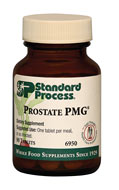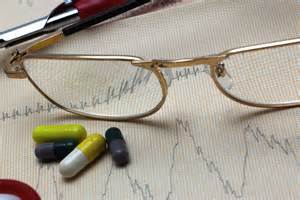Your Testosterone Level

|
Albert Einstein |
Testosterone is a hormone produced primarily in the testicles. The prostate secretes a milky white to clear fluid that helps sperm survive. In order to function, the prostate needs the male sex hormone testosterone. Testosterone is a steroid hormone produced mainly by the testicles and secondarily by the adrenal glands. Testosterone helps maintain men's bone density, fat distribution, muscle strength and mass, red blood cell production, sex drive, and sperm production. Testosterone is important in the formation of bones, as I mentioned earlier, but it’s also crucial for the maintenance of bone density, especially in the elderly. Testosterone aids in protein synthesis, effectively helping rebuild muscle fibers with amino acids. It can preserve existing mass or build upon it, creating more.
Hypogonadism is a disease in which the body is unable to produce normal amounts of testosterone due to a problem with the testicles or with the pituitary gland that controls the testicles. Testosterone peaks during adolescence and early adulthood. As you get older, your testosterone level gradually declines - typically about 1 percent a year after age 30. It is important to determine in older men if a low testosterone level is simply due to the decline of normal aging or if it is due to a disease.
So, testosterone is important, and even vital, if you want to build (and keep) strong bones and muscles, maintain a healthy, active sex life, and live long and well into old age.
In 1889, a Harvard University professor by the name of Charles-Édouard Brown-Séquard injected himself with a “rejuvenating elixir” containing the extract of dog and guinea pig testicle, reporting increased vigor and feelings of well-being. Traditional Chinese herbalists would often prescribe dried tiger’s penis for impotence, and ancient Greek Olympians feasted on goat and lamb testicles to boost stamina and athletic performance. Clearly, even before testosterone was specifically identified, the ancients (and not-so-ancients) knew that the loins were involved in vigor, strength, and stamina. Their (our) fixation on consumption of genitalia and genitalia extractions to correct deficiencies in strength, vigor, sexual stamina, and general “well-being” sounds intuitive, in a folksy, endearing sort of way. Does it make sense to eat bull testicles to restore one’s manhood and increase available testosterone?
Not really. Testosterone doesn’t pool up in one’s testicles. It’s not a static reservoir waiting in reserve to be disseminated throughout the body. It’s a hormone that the testicles (in men) and ovaries (in women) produce. That mouthful of fluid you got when biting into a roasted sheep’s testicle on your Greek vacation wasn’t pure, liquid testosterone – sorry. In order to get testosterone, you have to produce it (or inject it, but that’s an entirely different post). And if you want to manipulate the amount of testosterone you have available, you can do it the same way you manipulate other hormones, like insulin, leptin, growth hormone, and cortisol. You involve with your diet, your exercise, and your basic daily lifestyle.
- Warning Signs of Low Testosterone
- How we make sure we’re making enough testosterone
- What other hormones affect level of testosterone
- How toxins affect level of testosterone
- How extra weight affect level of testosterone
- How men put themselves at risk by misusing testosterone
- How to increase level of testosterone
- What specific exercises you need to do to improve level of testosterone











